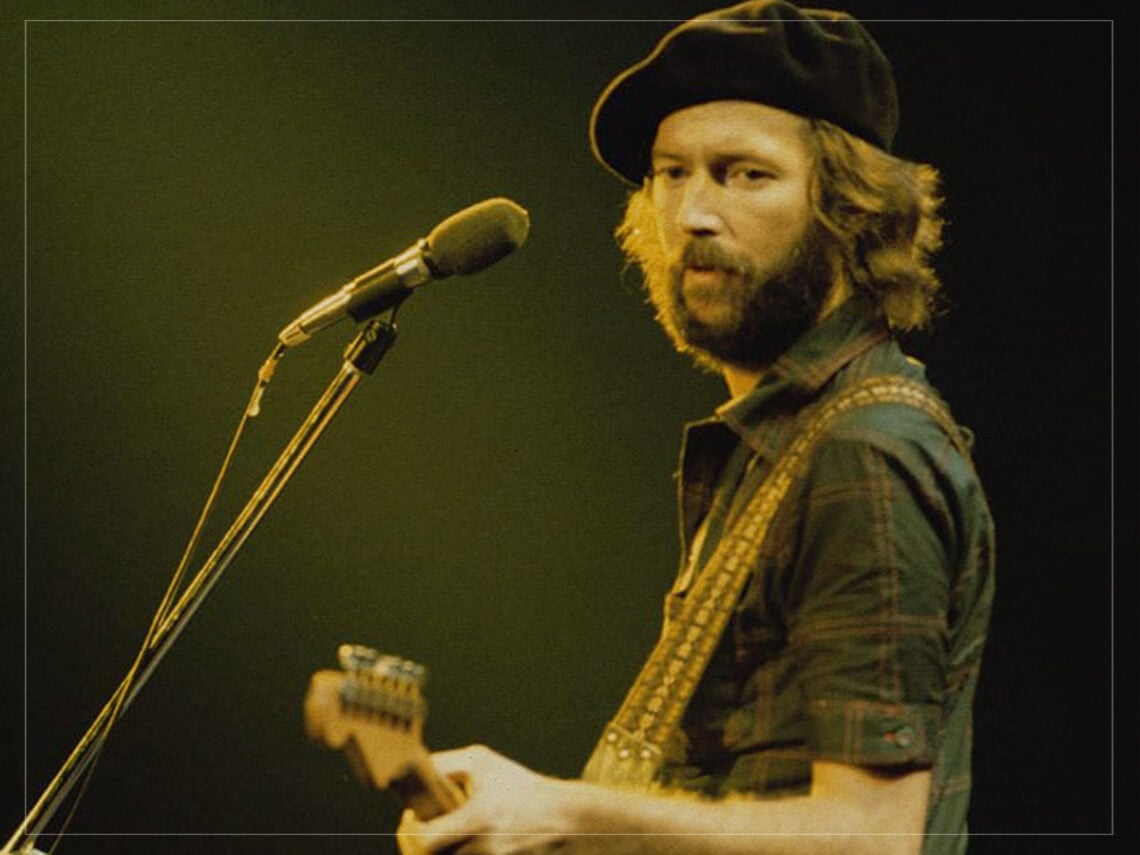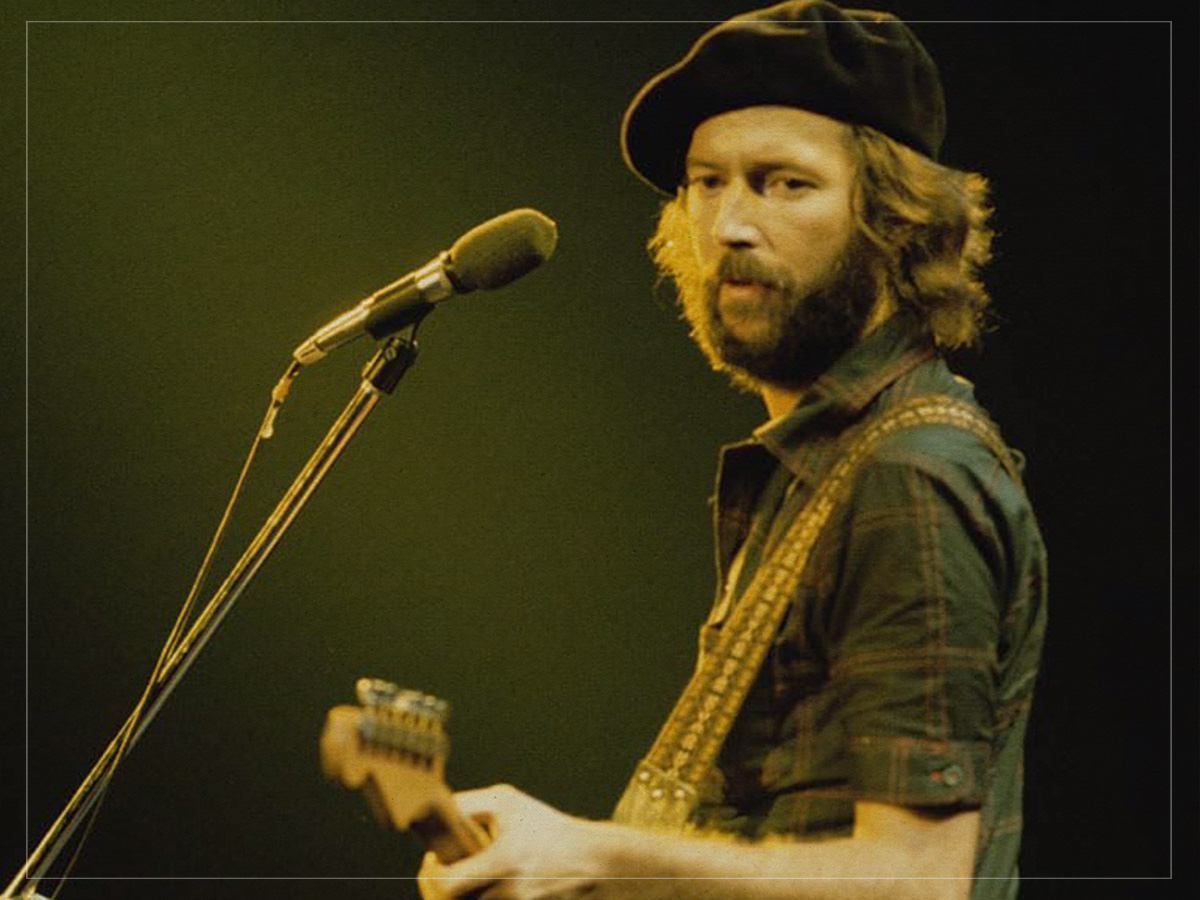
(Credits: Far Out / Showtime Documentary Films)
Sat 22 November 2025 2:00, UK
Throughout his career, Eric Clapton prided himself on being a free agent of sorts.
As much as he loved the idea of having a bunch of musical friends to mess around with whenever he took to the stage, the role of any blues troubadour is to keep moving on to the next phase in life with nothing but a guitar to keep you company. That kind of loner mentality may have helped ‘Slowhand’ discover his own voice, but that didn’t mean that he couldn’t get a bit nostalgic for the good old days now and then.
After all, all of the supergroups that he formed were practically at the top of their game every time he joined the group. While The Yardbirds would eventually morph into a much different blues band with Jimmy Page and Jeff Beck joining their ranks, it seemed like Clapton had the magic touch when it came to finding the right lick for any song, whether that was getting together with John Mayall or being one of the few guest musicians to appear on a Beatles album.
If we’re going off of his supergroup track record, though, going from Cream to Blind Faith to Derek and the Dominos within the span of a few years doesn’t even seem fair. None of them were stepping stones by any means, but if Clapton had decided to work with the Dominos for the rest of his life, the world could have been treated to some of the greatest rock guitar playing the world had ever seen. Once Duane Allman left to join the rest of his musical family in the Allman Brothers Band, Clapton was at the end of his rope.
Because, really, there wasn’t a single supergroup that he joined that didn’t have a fair bit of turmoil behind the scenes. He was dealing with the fallout of being rejected by Patti Boyd with the Dominos, Blind Faith were crushed under the weight of their own fame before they got off the ground, and with Cream, it was anyone’s guess whether any of their shows were going to end in a fistfight.
Although Jack Bruce and Ginger Baker were a fantastic rhythm section, the fact that they never had a kind word to say about each other was always going to be a challenge. Clapton was already over them before they released the album Goodbye, but as the 2000s dawned, it felt like the skies had parted for the briefest of seconds when they got to play a handful of reunion gigs.
And the shine hadn’t worn off at all, either. Baker was playing as good as he ever played, and when they all got onstage to play his tune ‘Pressed Rat and Warthog’, it felt like there was a band of brothers mentality onstage for the first time in four decades. But even with the shows going well, Clapton said that there was no point in them ever trying to recapture that old magic again.
Everyone was still capable, but the guitarist knew that it was better to leave the legacy where it was than calling up his old mates again, saying, “I don’t think there’s been any line of dialogue between any of us – or between me and them, that is to say – since the American [shows]. After that, I was pretty convinced that we had gone as far as we could without someone getting killed. At this time in my life, I don’t want blood on my hands! I don’t want to be part of some kind of tragic confrontation.”
But that’s also probably for the best. While there’s no documentation of this available to the public, Baker did say that the last few shows at Madison Square Garden did feature one of his famous scraps with Bruce as they tore through one of their songs, and given the fact that all of them retreated to their own corners afterwards, that remark Clapton made about blood on his hands might be a lot more real than people think.
And while the idea of any reunion is now impossible now that Bruce and Baker have since passed on, it’s okay to put that musical legacy to bed. The band called Cream had a lot of great moments together, but do we really need to see our heroes go out in a blaze of glory by getting into fisticuffs with each other?
Related Topics
